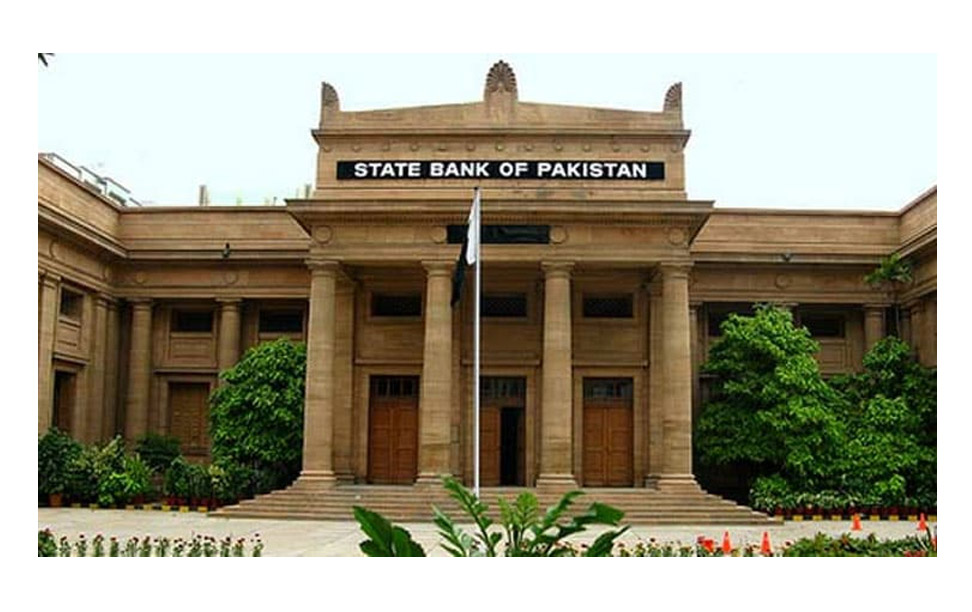June 21, 2023 (MLN): Monetary Policy Committee (MPC) decided to maintain the policy rate at 21% as it anticipates that inflation has peaked at 38%, and the effects of the recent months’ monetary tightening are yet to be fully felt, Mr. Fida Hussain, Director of the Monetary Policy Department at the SBP stated during the latest episode of SBP podcast.
While explaining the recent decision regarding the policy rate by MPC, he highlighted several key factors that influenced the decision.
First off, the previous MPC assessments had already taken into account expectations of high inflation during April and May.
The tightening of monetary policy measures implemented in recent months is expected to take effect and further impact the inflation trajectory.
This is evident from the slowdown in demand as observed in high-frequency demand indicators and the deceleration in GDP growth.
Furthermore, the MPC considered the expectations of consumers and businesses regarding inflation for the next few months.
These expectations indicate a slowdown in inflation.
Another factor influencing the decision was the fiscal consolidation reflected in the recently-announced Annual Federal Fiscal Budget for FY24.
The government aims to reduce the budget deficit and generate a surplus, leading to an expected slowdown in aggregate demand.
Additionally, global commodity markets, including items like petroleum products and palm oil, have experienced a downward price trend.
This trend is anticipated to contribute to lower domestic prices in the coming months, supporting the SBP’s expectation of a deceleration in inflation.
In light of these factors, the MPC decided to keep the policy rate unchanged.
Moreover, Mr. Fida Hussain elucidated that although inflation is expected to gradually decrease, it will still remain above the medium-term target range of 5%-7%.
Moreover, in order to bring inflation within the desired range in the medium term, the SBP has maintained the policy rate to encourage demand adjustment and ease inflationary pressures.
He clarified that there is a significant indirect link between monetary policy and food inflation. When food prices consistently rise and incomes remain stagnant, wage demands increase, adding to the production costs of goods.
This cost burden is then passed on to consumers in the form of higher prices, known as the second-round impact of high food inflation.
By increasing the policy rate, the central bank aims to minimize this impact and prevent a wage-price spiral.
Additionally, when food inflation persists without effective monetary policy intervention, it can generate inflation expectations among consumers.
Raising the interest rate sends a signal to the market that the central bank is serious about curbing inflation, thus indirectly influencing food inflation.
The decrease in inflation expectations among consumers and businesses is also attributable to the slowdown in the economy.
The realization that increased prices have led to decreased demand contributes to the expectation that price hikes will gradually decrease.
The relative stability of the exchange rate, the decline in global commodity prices, including petroleum products, and the recent import of discounted oil from Russia further reinforce expectations of lower inflation.
The decline in imports due to decreased prices and domestic demand has contributed to containing the Current Account Deficit (CAD) to $3.3 billion in the first ten months of FY23, compared to over $13bn in the same period of the previous fiscal year.
This reduction in CAD, along with the expected continuation of the downward trend in global commodity prices, is expected to alleviate pressure on Pakistan’s foreign exchange reserves and aid in external account and reserve management.
Mr. Fida Hussain acknowledged that a decrease in imports resulting from a combination of reduced prices and domestic demand has contributed to Current Account Surplus.
He stated that the MPC will closely monitor all relevant developments and take timely decisions to achieve the medium-term inflation target.
Copyright Mettis Link News
Posted on: 2023-06-21T11:09:39+05:00







